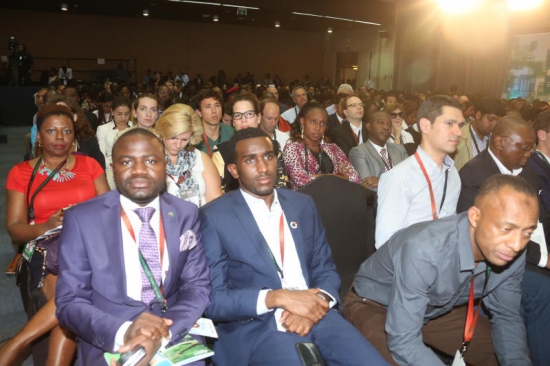
The just ended Global Entrepreneurs Summit (GES) has the potential to mark one of Kenya’s major turning points provided stakeholders understand their role and carry it out with diligence.
For starters, Kenyans will be doing themselves a favour were they to take seriously United States President Barack Obama’s advice that the future of the country—and continent—is up to them. For too long, Kenyans have been systematically brainwashed to believe that they are not only good enough but their development — social, political and economic — will come from outside the country.